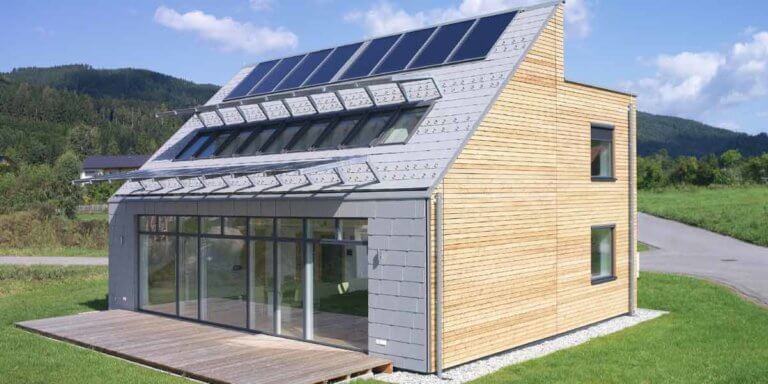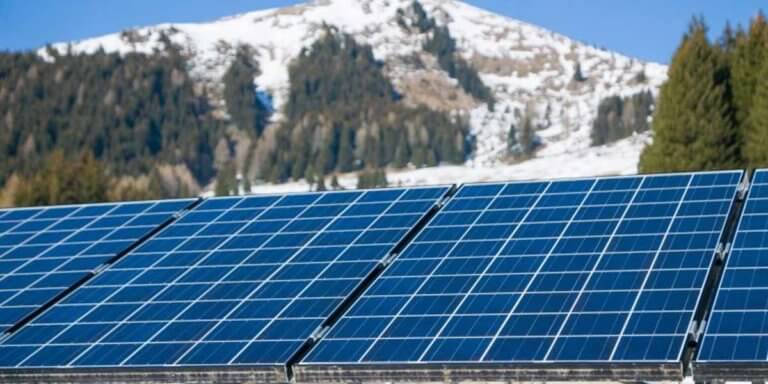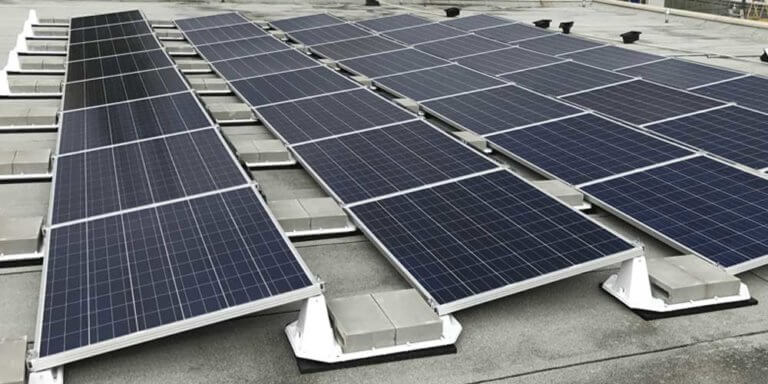How Practical Are Solar Powered Food Trucks? | How Many Panels for a Food Truck?
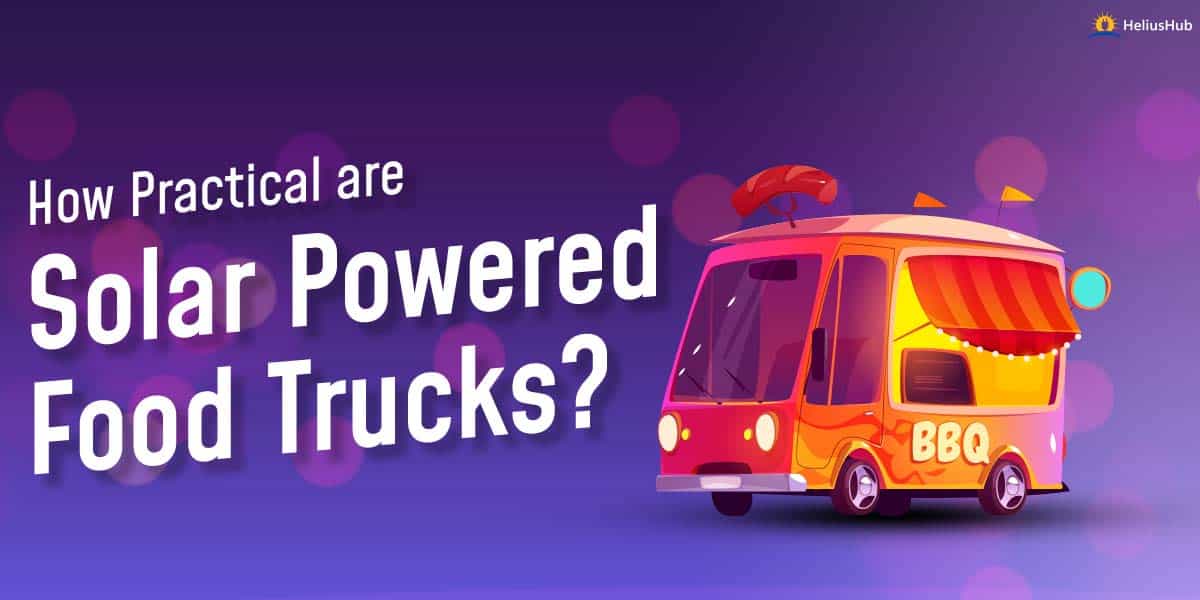
Solar energy is all the craze now and for the right reasons. The biggest advantage of solar is that its size is highly scalable and can be transported or it can be mobile. Not only can solar panels be used to power homes, patios, and outdoor lighting, but they can also power your food truck.
The solar panel can be installed on the food truck’s roof to absorb direct sunlight and convert it into usable electricity to operate your food truck. The use of solar on a food truck is not only eco-friendly, but it will also reduce your running costs, and fuel costs (for power and cooking).
In this article, we will go over everything that you will need to know about solar powered food truck.
- 1. Understanding Solar Powered Food Trucks
- 2. Size And Power Requirements for Solar Powered Food Trucks
- 3. Calculating Solar Panels Required for a Food Truck
- 4. Cost Of Implementation Of Solar Panels On Food Truck
- 5. Benefits Of Solar Panels on Food Trucks
- 6. Conclusion
-
7.
FAQs-
- 7.1. 1. Can I travel long distances with a solar powered food truck?
- 7.2. 2. Can I still use a generator on my food truck if I have a solar panel system installed?
- 7.3. 3. Can a solar powered food truck be customized to fit my business needs?
- 7.4. 4. Can I use a solar panel system on a food truck for other purposes besides powering appliances?
- 7.5. 5. How do I maintain my solar panel system for my food truck?
Understanding Solar Powered Food Trucks
Before investing in solar panels food trucks, examine the type of food truck you operate. Different appliances require varying amounts of energy and depending on your food truck, you could be looking at a wide variety of energy estimates.
For example, if you’re serving burgers and hotdogs throughout the day, you may only require a small grill and a cooler, both of which can be easily powered by a tiny portable solar panel.
However, if you operate a higher-end food truck that serves a variety of cooked meals in the evening, you may want an oven, many huge grills, a freezer, and a cooler. This may need the use of a larger portable solar panel system.
Even if you park your solar truck in a sunny location, you should keep a backup portable solar generator on hand in case something unexpected happens. You certainly don’t want to be without power because of rainfall, unable to service your customers since you don’t have a generator.
It’s critical to plan for not only the best-case scenario but also the worst-case situation, to ensure you’re prepared for anything when you go to work. Being prepared for the worst-case situation is essential in any business, but especially in the service industry.
Size And Power Requirements for Solar Powered Food Trucks
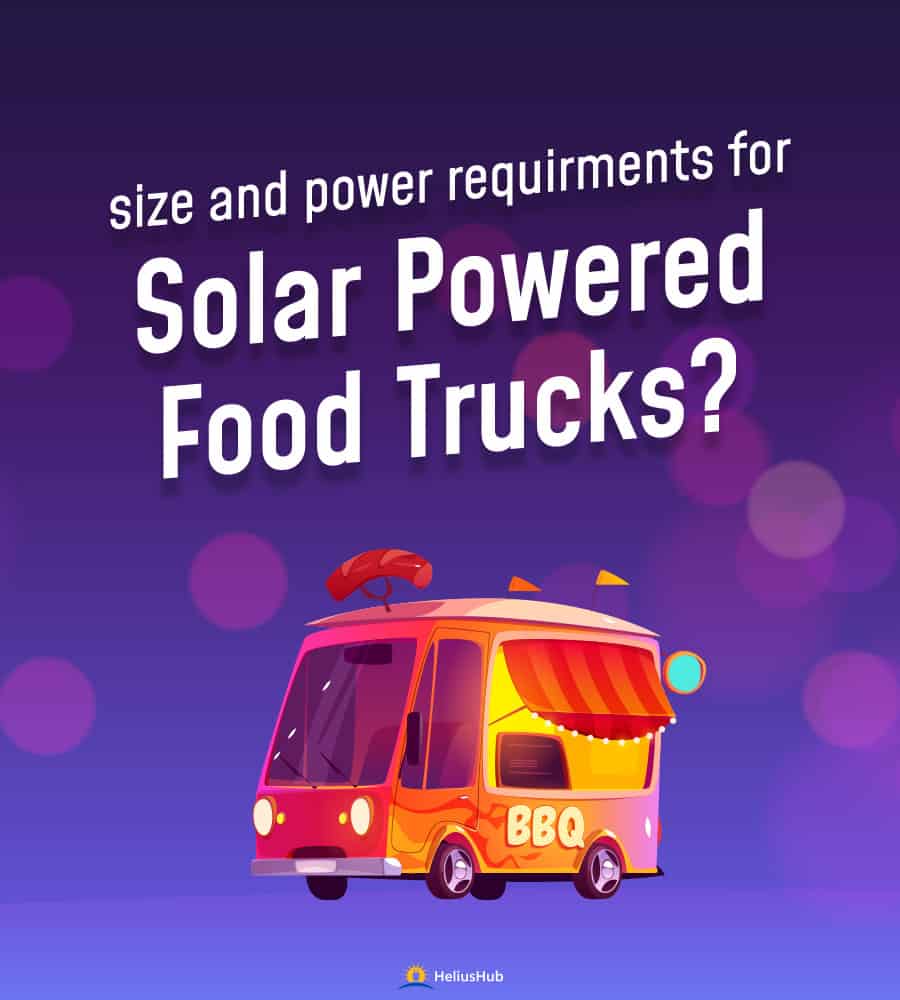
To establish the quantity of required solar panels for food trucks, you must first calculate your food truck’s daily energy usage. You may thus determine your daily energy requirement based on the equipment you require. The values for most appliances can be found on the tag nameplate or appliance nameplate.
Aside from that, the starting and operating voltage, wattage, and current in amperes will be specified in the appliance’s user handbook. As a result, you can quickly assess the amount of energy used by your mobile food truck. Here’s what you’ll need to figure out your daily energy consumption:
- Determine how many watts your food truck will require.
- Determine how many hours you will run your food truck each day.
- Multiply the number of hours run per day by the wattage of the food truck.
Factors Affecting The Total Number Of Solar Panels And Capacity
Solar panel uses the sun as an energy source and unfortunately, the sun is not always available. Your region might get fewer peak hours of sunlight or its winter season is obscuring the sun that might affect your solar panel efficiency and solar panels won’t be able to produce electricity as per their full capabilities.
- Weather: If the weather is not sunny, solar panels won’t be able to store or use solar energy since they won’t be receiving any sunlight. If your region has frequent bad weather, consider getting a bigger capacity battery to store more energy.
- Peak Sunlight hours: Every region gets some hours of peak sunlight. Look up the peak sunlight hours that your region gets as this will affect the number of solar panels you need to use.
Calculating Solar Panels Required for a Food Truck
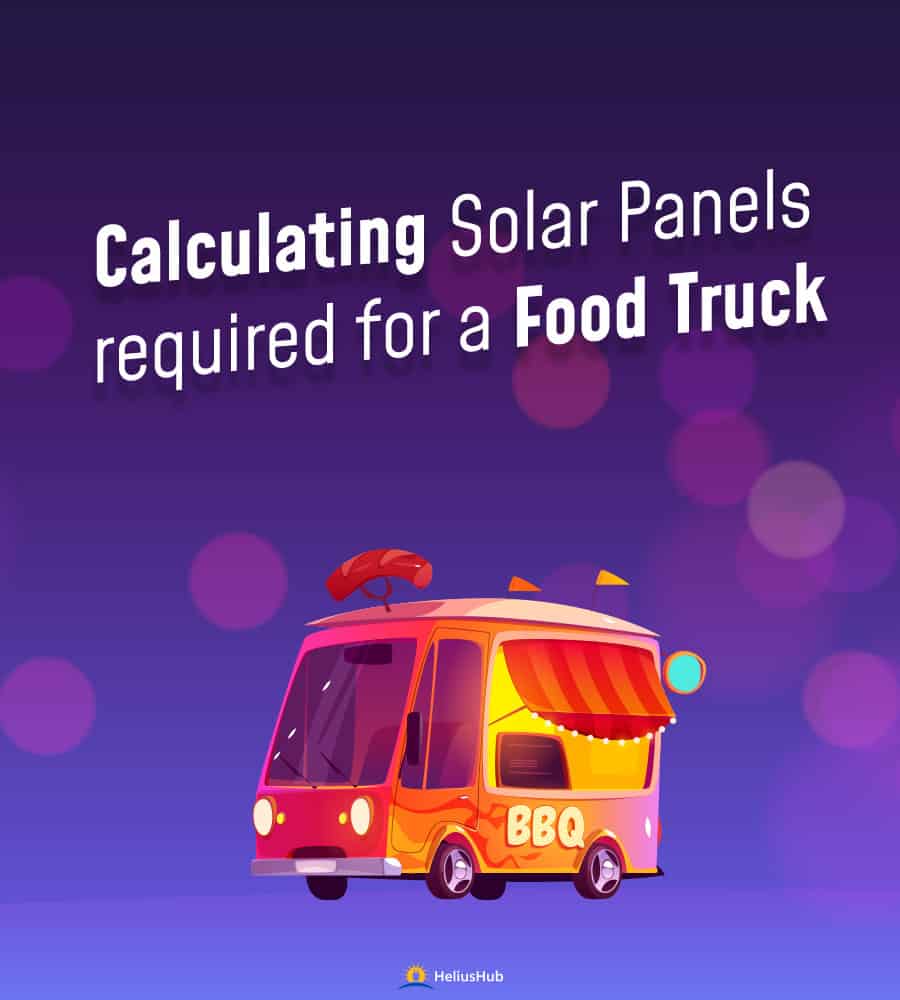
Wattage requirements will vary. Most food trucks, on the other hand, employ a 5000 to the 7000-watt portable solar generator to safely power all of their electronics and appliances.
Another factor to consider is the amount of time you want to run the truck each day. If you only intend to use the truck for four hours per day, you won’t need nearly as much capacity as if you intend to serve at all-day events.
In this example, we’ll utilize a standard 6-hour workday.
To run a food truck for 6 hours, you will need (5000 x 6) = 30 kilowatt-hours from the solar system every day in the worst-case scenario.
To determine the power requirements for solar panels, divide the wattage of your solar panels by the number of direct sunlight hours you receive each day.
For example, if you own a food truck in California, you may receive 5.82 hours of peak sunlight. In this situation, (30000 / 5.82) 5154-watt solar panels are required. As a result, you’ll need a 5000-watt solar generator or 20x 250-watt solar panels to power your food truck.
Cost Of Implementation Of Solar Panels On Food Truck
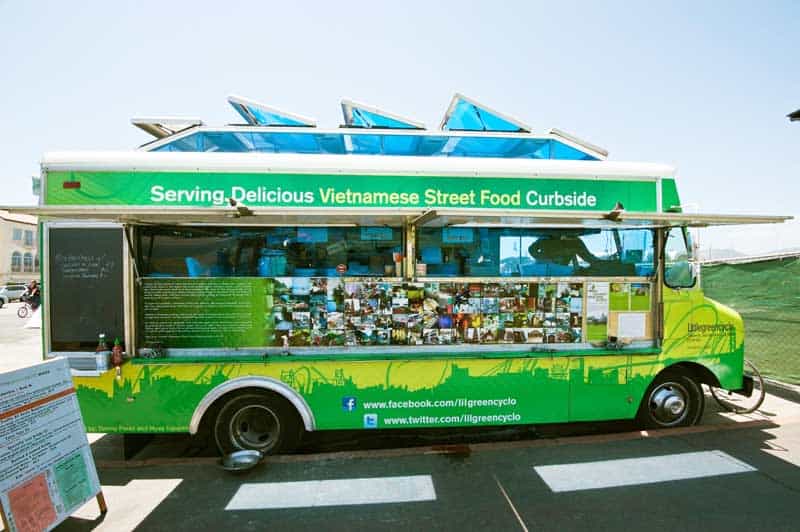
Now that you know what is the number of solar panels you require to meet your energy demands, you can simply search for the cost of the solar panel you want and multiply it to get the final cost.
For example, a high-efficiency monocrystalline solar panel of 250W will cost you $200 to $250. It should be noted that there are cheaper options out there that can get the job done and it can go as low as $80 for a 250W solar panel.
You can also opt for a polycrystalline solar panel for an average of $120 to $150. Considering an average price of 150$ for a single panel, your cost for solar panels will be $150×20, which is $3000. Suppose you can’t determine which is better monocrystalline or polycrystalline panels, you can check our guide on it!
This is the cost of the solar panels only. You must also consider battery and installation charades for the complete setup. Adding up the local installation charges and the cost for the battery, which can vary wildly depending on the capacity and type of battery.
Benefits Of Solar Panels on Food Trucks
- The first and most important advantage is connected to cost. Portable solar panels are a low-cost electricity source for many food truck proprietors. Indeed, converting to portable solar panels allows food truck entrepreneurs to save money – up to $1,000 every month.
- Gasoline, diesel, or propane generators are well-known polluters, and several eco-conscious food truck entrepreneurs are already switching to solar electricity. Portable solar panels and solar power generators are great off-grid energy options for cooking and lighting.
- Several solar-powered generators are particularly portable due to their lightweight design. You can easily transport them around if you intend to relocate your food truck. Some of them are also collapsible, allowing you to store them within your truck while not in use.
Conclusion
Solar is a cost-effective source of power for many food truck businesses. A typical food truck owner who uses a regular generator spends at least $5 to $10 each day on fuel. Furthermore, the cost of replacing or repairing generators in the future may be greater than the cost of installing solar panels.
It is worth noting that the payback period for a food truck running 50 hours per week can be as little as 9 months.
The majority of food trucks run on a diesel or gasoline generator designed to last for only a few hours. With increased fuel and energy costs, solar is an amazing alternative to not only reduce the cost but to reduce the impact on the environment.

